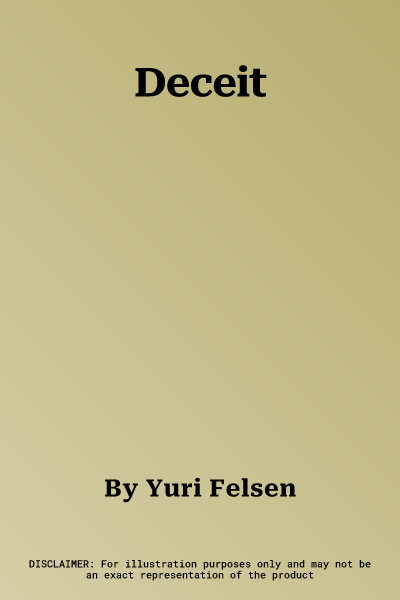Appearing for the first time in English, Deceit is the debut novel by
Yuri Felsen, a leading modernist writer of the interwar Russian
diaspora. Known by his contemporaries as 'the Russian Proust', Felsen
died in the gas chambers at Auschwitz, his life and legacy destroyed by
the Nazis.
Written in the form of diary, Deceit is a psychological self-portrait
of an unnamed narrator, a neurasthenic and aspiring author, whose
often-thwarted pursuits of his love interest and muse provide the
grounds for his beautifully wrought extemporizations on love, art and
human nature. Modulating between the paroxysms of his tormented romance
and his quest for an aesthetic mode befitting of the novel he intends to
write, Deceit is a remarkable work of introspective depth and
psychoanalytic inquiry.
Like voyeurs, party to his most intimate thoughts, we accompany the
diarist as he goes about Paris, making enraptured preparations for the
materialisation of his fantasy, observing not only his eagerness,
dreaminess and poetic inclinations, but also his compulsive desire to
analyse his surroundings and self. Yet amid these ravishing flights of
scrutiny we discern hints of his monomaniacal tendencies, which blind
him from the true nature of his circumstances. Thus begins an exquisite
game arranged by the author, wherein it falls to the reader to
second-guess the essence of what really lies behind his narrative.

